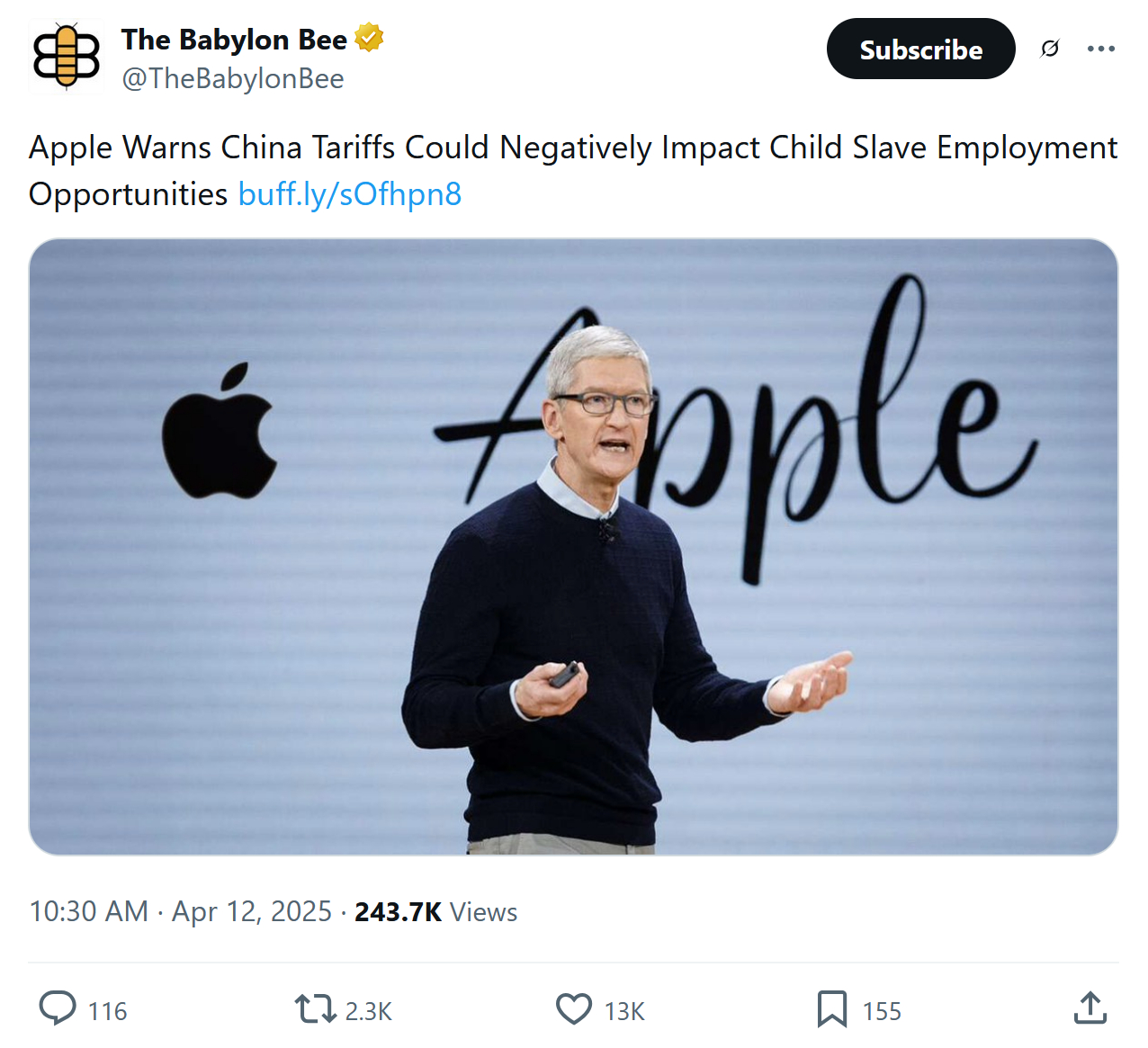LABOUR WILL BURY BRITISH STEEL, NOT SAVE IT:
In a rare Saturday sitting of parliament, MPs voted this weekend to allow the UK government to assume operational control of British Steel. The emergency legislation will be used to block the firm’s Chinese owner, Jingye, from closing down its two blast furnaces in Scunthorpe, Lincolnshire. Full nationalisation is likely on the way.
There is no doubt that government intervention was necessary to prevent the plant’s closure. Jingye, which claims it was losing £700,000 per day from the Scunthorpe steelworks, was clearly determined to cut its losses and run. Negotiations over a support package broke down last week when Jingye rejected the government’s offer to cover the costs of the iron and coal needed to keep the furnaces running. It also rejected what business secretary Jonathan Reynolds described as ‘one of the largest government grants in British history’. It then became clear that Jingye was selling off its stockpiles and refusing to pay for past orders of raw materials, and thus had hoped to starve the furnaces and render them inoperable (without coal keeping the temperature high, furnaces can sustain permanent damage). Restarting the furnaces would not have been impossible in this event, but it would have been a costly and complex process.
The loss of British Steel’s blast furnaces would have been devastating for the plant’s 2,700 employees and for Scunthorpe, which has been a steelmaking town since the 19th century. But it also would have been devastating for the UK. The nation that invented modern steelmaking would become the only G7 nation incapable of producing ‘primary’ or ‘virgin’ steel. This is essential for carmaking, infrastructure, the defence industry and many other critical manufacturing sectors.
* * * * * * * * *
Labour’s intervention has brought British Steel some time. It may well have prevented the disorderly shutdown of Britain’s last blast furnaces, which would have had devastating consequences for the economy as a whole. Yet far from ‘saving’ British steelmaking, Labour continues to bury it. It’s hard to see heavy industry surviving another four years of eco-vandalism.
But at that point, who will be making plans for Nigel?


